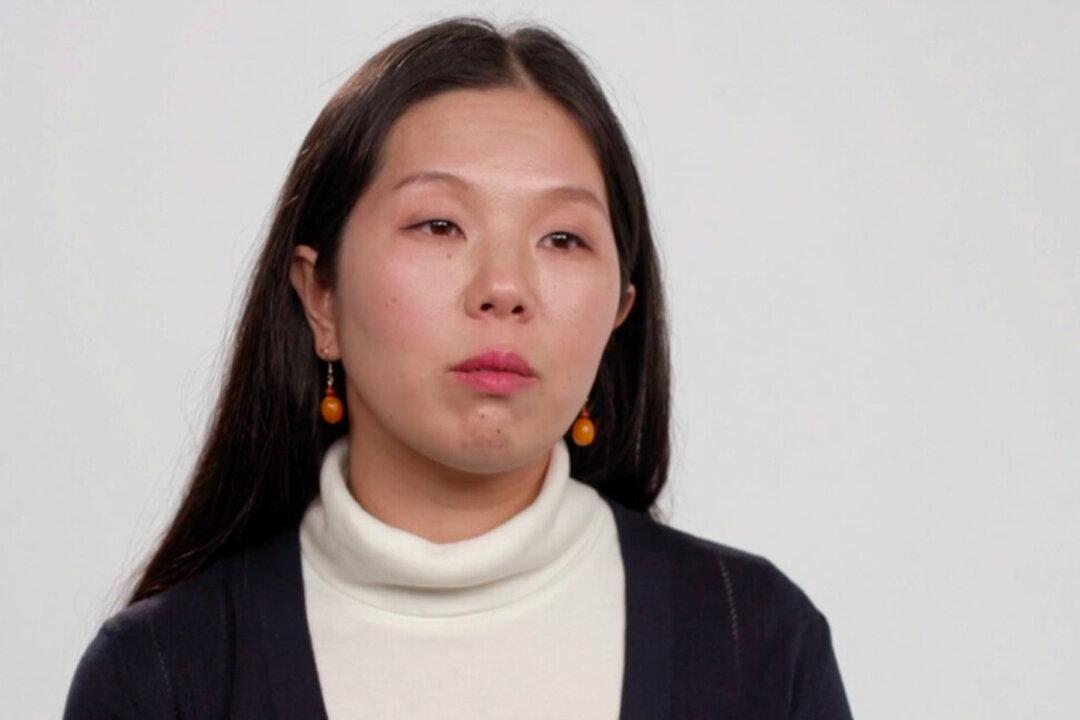A teen daughter was horrified when she noticed a long surgical incision on her late father’s dead body. It was the first time she'd seen his body since his death one month prior while in police custody in China.
Startled by what she witnessed, she began unbuttoning her father’s shirt to track how long the incision was, which possibly extended beyond the area where the heart is located. However, right then, police officers forced her and the family out of the room, an indication to her that the reason for the incision and his death could be even more unethical than her family had ever thought possible.






